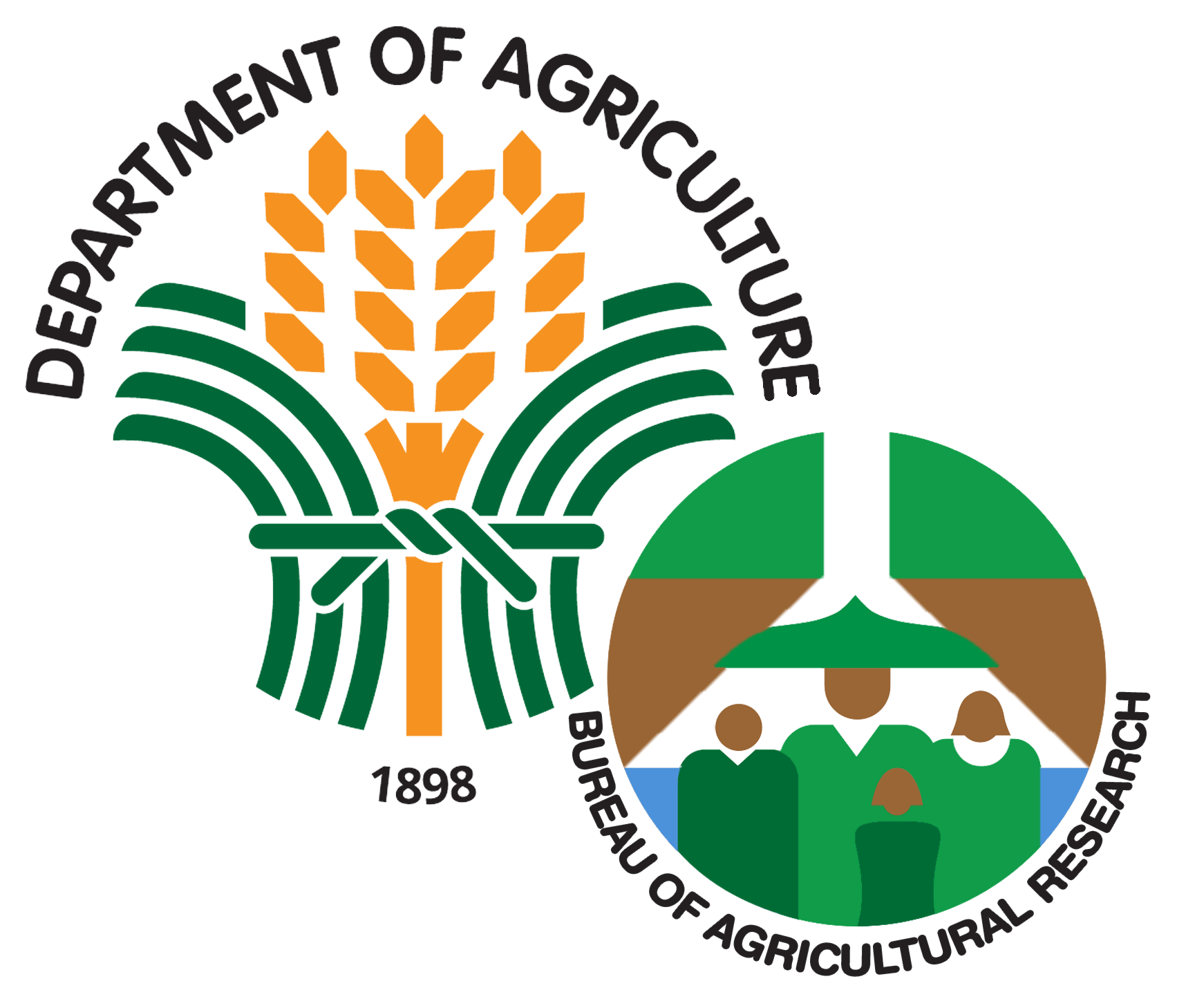The DA-Bureau of Agricultural Research (BAR) reviewed ongoing and completed projects under the High Value Crops Development Program and Agriculture and Fisheries Modernization Act-Crops research for development (R4D) on 9 January 2024 via Google Meet.
The activity, facilitated by the Program Monitoring, Evaluation, and Linkaging Division, intended to determine the status of said projects, coordinated and supported by the bureau, and offer recommendations to the implementers to ensure delivery of accomplishments and results.
The projects reviewed include the Analysis of Food Demand and Supply Structure in the Municipalities of Hermosa and Dinalupihan, Bataan (Zero Kilometer Food Project or 0 KM) of Bataan Peninsula State University (BPSU), and the Upscaling Regional Capacities on Urban Agriculture towards Nutrition Sensitive Crop Production through Edible Landscaping (EL) of the University of the Philippines Los Banos Foundation, Inc. (UPLBFI).
The completed 0 KM Food Project of BPSU had analyzed various facets of agriculture in Hermosa and Dinalupihan, Bataan. This involved profiled key players in the market economy, determined the high-value crops consumed, produced, and traded; assessed the consumption practices of households, producers, and traders; analyzed the food supply and demand performance; traced the movement pattern of the commodities; and identified the problems of producers, consumers, and traders, and suggested possible solutions to their problems.
As for the ongoing Edible Landscaping project of UPLBFI, the project encompassed different regions through the DA-regional field offices (RFOs), including Cordillera Administrative Region, Cagayan Valley, CALABARZON, Zamboanga Peninsula, Central Visayas, Davao Region, Quezon City, and for evaluation Cagayan Valley, MIMAROPA, andBicol Region.
As part of the project, the EL team has identified suitable crops for EL in urban conditions, developed site-specific EL garden designs and technology demonstration gardens for the selected DA RFOs. Furthermore, technical resources to agriculture extension workers were provided, hence, established and strengthened. An EL training of trainers manual was also packaged for finalization. The team also ensures evaluation of the established EL gardens as well as the conduct of the cascading of co-learning activities to agriculture extension workers' respective constituents.


